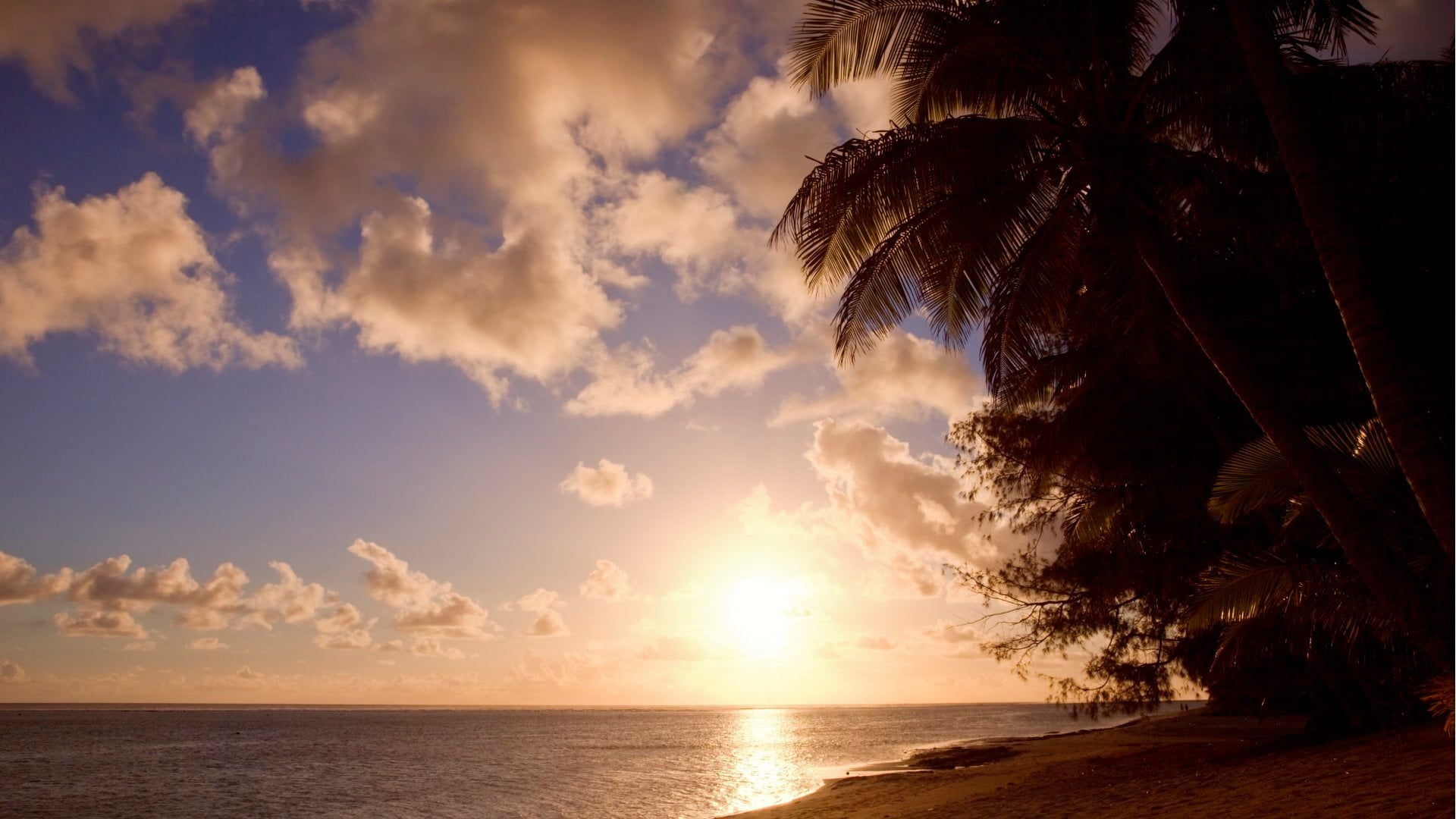Did you know that the Cook Islands were named after Captain Cook? In 1770 he spotted these Polynesian islands from his ship, and the rest is tropical history. The island’s vibrant Maori culture and heritage, combined with pristine white beaches, crystalline waters and dreamy beach resorts, make it the best kept holiday secret in the South Pacific. Curious about how these stunning group of islands came to be one of the most coveted vacation spots in the world? Come along for a Cook Islands seafaring tale that’s almost as old as time. The history of the Cook Islands has all the makings of a gripping adventure film. Legend has it that thousands of years ago ancient voyagers set sail from Tupua’i, now French Polynesia, in search of new land. They were guided only by the stars in the sky and they used their expert instinct to navigate their traditional giant canoes known as “Vakas” toward the idyllic Cook Islands. The 15 islands were gradually populated by Maori ancestors who landed and made the Cooks their home, bringing with them rich and peaceful Polynesian cultural traditions. For centuries, the Maori settlers lived in relative calm, until the efforts of European colonization hit shore. Spanish ships arrived in Cook Islands in the 16th century, when the sailor, Álvaro de Mendaña de Neira, sighted the island of Pukapuka. The first recorded European landing on the islands was in 1606, when Pedro Fernandes de Queirós, a Portuguese captain working for the Spanish crown, landed on Rakahanga.

In the 1770's, legendary British explorer, Captain James Cook, voyaging the South Pacific for possible land acquisition, spotted the islands from his vessel. He landed on the island of Manuae in 1773, and then Palmerston, Takutea, Mangaia, and Atiu in 1777. He first named them the Hervey Islands. The name, Cook Islands, actually came after he died, when the Russian navy published charts with the islands named in his honour. The islands would then see more drama when Captain William Bligh landed on the island Aitutaki in 1789, the same year he was be ousted by his disaffected crewmen in what came to be known as the famous Mutiny on the HMS Bounty. In 1823, the Christian missionary, Reverend John Williams, made his first recorded sighting of Rarotonga. Williams interpreted the cultural heritage of the people on Cook Island as being hedonistic and primitive, and he banned singing, dancing, and drumming. The legacy of the missionary influence lives on today, as many islanders continue to be Christian believers. Luckily, singing, dancing, drumming, and other traditional island practices not only persist but are celebrated as an essential part of the Cook Islands heritage. At the same time, the Christian legacy lives on, with beautiful churches and acapella singing groups interwoven into the fabric of the Cook Islands national character.

In 1888, Cook Islands became a British protectorate based on a fear that France would occupy the territory as it had done to nearby Tahiti. This lasted until 1900, when island leaders petitioned for Cook Islands to be annexed as British territory, after which they became included within the boundaries of the British colony of New Zealand. With the British Nationality and New Zealand Citizenship Act of 1948, Cook Islanders who were British subjects became citizens of New Zealand. Cook Islands remained as a territory dependent on New Zealand until 1965, when the New Zealand government granted self-governing status to the peaceful colony. Although Cook Islanders are citizens of New Zealand, they have the status of Cook Islands nationals, which is not given to other New Zealanders. Cook Islanders consider themselves Polynesians, closely related to the Maoris.

Today, Cook Islands has retained its tranquil atmosphere and fascinating Polynesian traditions. Still unspoiled by tourism, each of the islands has its own unique qualities and offers the visitor a truly special experience. With the most beautiful lagoons in the world, heavenly weather, warm and hospitable locals, and glorious beaches, a Cook Islands vacation is a castaway’s dream come true. There’s not a single traffic light to be seen in the entire country, and for those seeking some active adventures, Cook Islands vacation packages can be customized to include thrilling water sports, scuba diving, and snorkeling.
Growing up in a family travel business, Bronwyn has been travelling from a very young age. Her favourite experience was 3 months spent backpacking through India and Southeast Asia. She counts many countries among her ‘favourites,’ but is especially fond of Australia for its lifestyle, Cambodia for its culture and resilience, and Japan for its contrasts. She holds the proud distinction of being Goway’s only former Bollywood star – having once starred in a Coke commercial in Mumbai.
Get Inspired
Inspire your wanderlust with our globetrotting tales.
Unlock more by subscribing to our newsletter.
With our newsletter, you’ll get access to regular communications that inspire you and help you explore the world your way.

